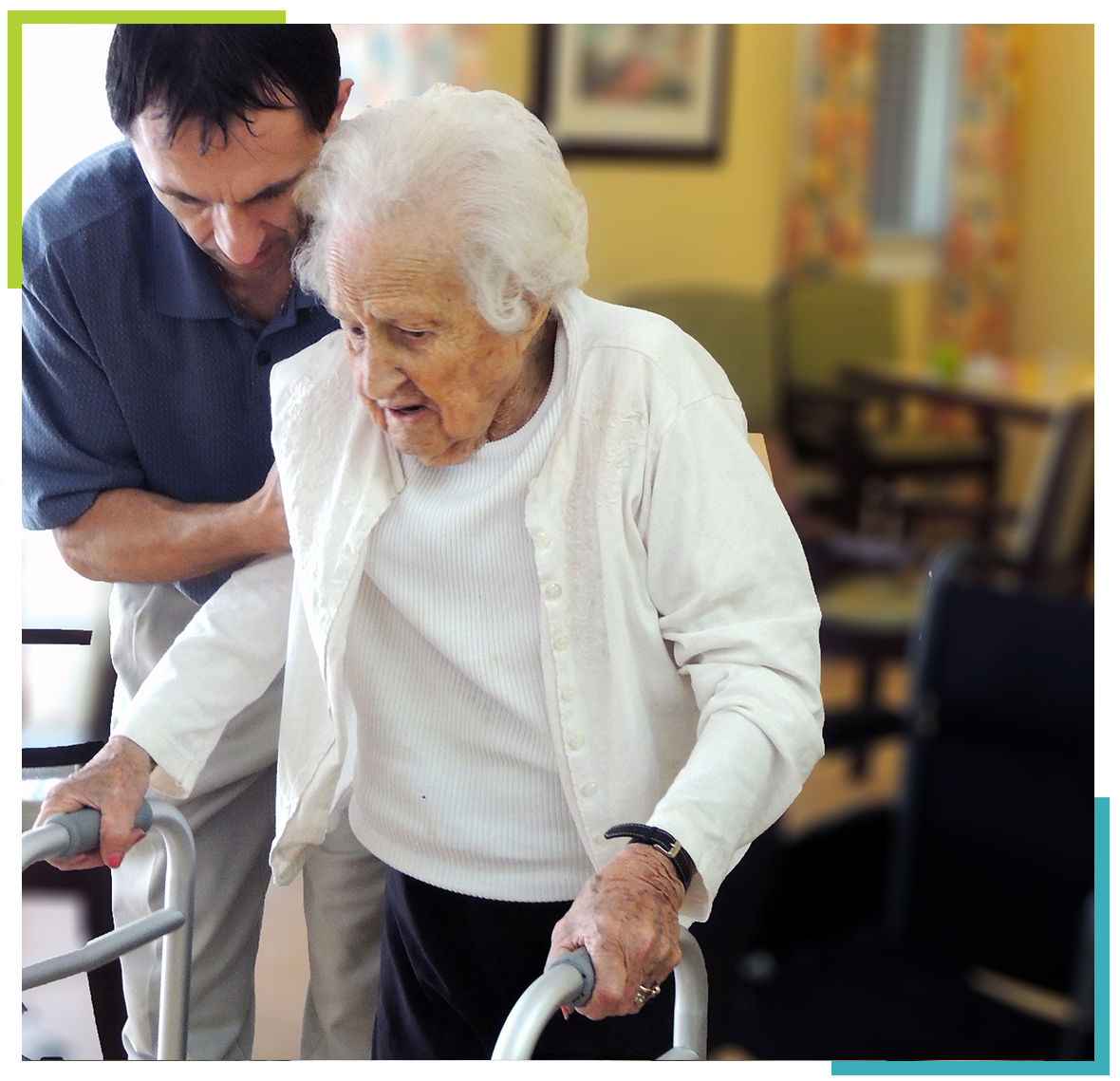The community represented by family is a powerful force. Especially when going through a difficult and emotional time, the support of the family unit can be the difference between a caregiver coping well and falling apart. Everyone needs a support system, which is especially true for those caring for a memory care patient. Dementia is a difficult diagnosis to weather, but even more so if you feel alone.

Millions of Americans are currently taking care of an elderly loved one on their own, and those who do understand the challenges and the required level of commitment. Those who do not have a close family unit may develop a support network of friends and acquaintances. But typically, many realize that no matter their level of support, they may not be able to handle the caregiving role at home for the duration of their loved one’s life.
The decision to hire a professional home health aide or move a loved one to memory care is a weighty one, often characterized by guilt, angst, and sorrow. But if you are responsible for a loved one with Alzheimer’s or another form of dementia, you shouldn’t feel that it is your burden alone. In fact, refusing to believe the stigma and asking for help can not only be better for you but for your loved one. Here’s why.
Overcoming the Stigma – You Aren’t Alone
Research shows that nearly 43.5 million US adults are serving as sole caregivers for an elderly parent or loved one. (Source: Institute on Aging) Sentimental feelings of attachment and the sincere desire to guarantee a loved one’s level of care drive the decision to be a caregiver. Some are worried about the horror stories they have heard about old or outdated homes for the elderly – a fear that can be immediately dissipated by exploring today’s contemporary, beautiful and engaging adult living residence options. Memory care centers in particular employ health care professionals and the latest in scientific research – along with compassionate empathy – to care for their residents.
The benefits of professional memory care services can be significant. Even the most caring and compassionate relative gets tired and overwhelmed sometimes, and that frustration can manifest as anger. Care professionals are better equipped to handle effective and proactive communications with dementia patients. More importantly, the family is freed from the everyday stress of caring for their loved one and can have happier and more meaningful interaction. Everyone is happier when they have enough rest, social interaction, and can relieve stress. The result is beneficial for everyone involved.
Asking for Help with a Memory Care Patient
Seniors are leading longer lives, but this can sometimes mean that they experience more health issues and rely on their families more than ever. Unfortunately, very few of us – as well-meaning as we are – are truly qualified to offer the required level of care to a memory care patient. A memory care center works in close partnership with families to deliver the best care and quality of life for the patient – while restoring a sense of normalcy and peace of mind to the family. A memory care patient does not lose their close and loving relationship with their family – in fact, it can be enhanced! A family that is committed to being present and involved with their loved one can experience the relationship without the daily stress of being a caretaker.
Deciding the best way to care for your loved one can be emotional, but you shouldn’t feel bad if you need another solution. Call A Banyan Residence today for a tour, and to discover your options for quality dementia care.







